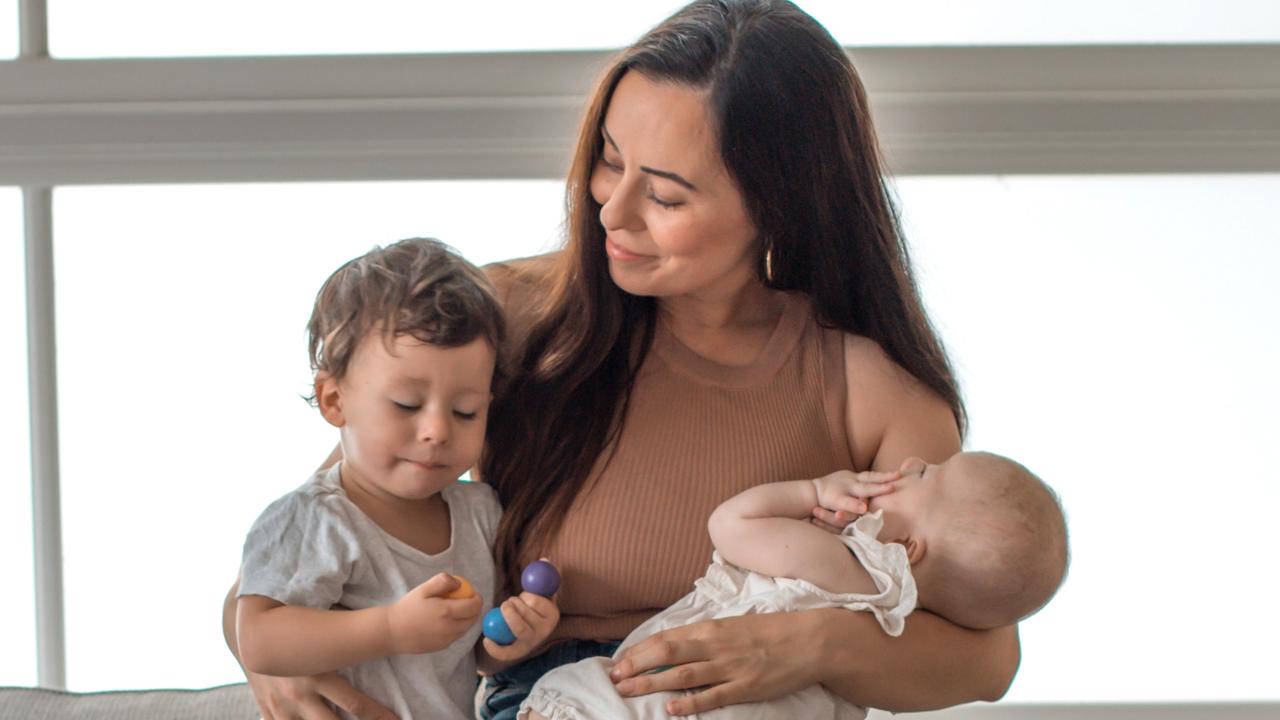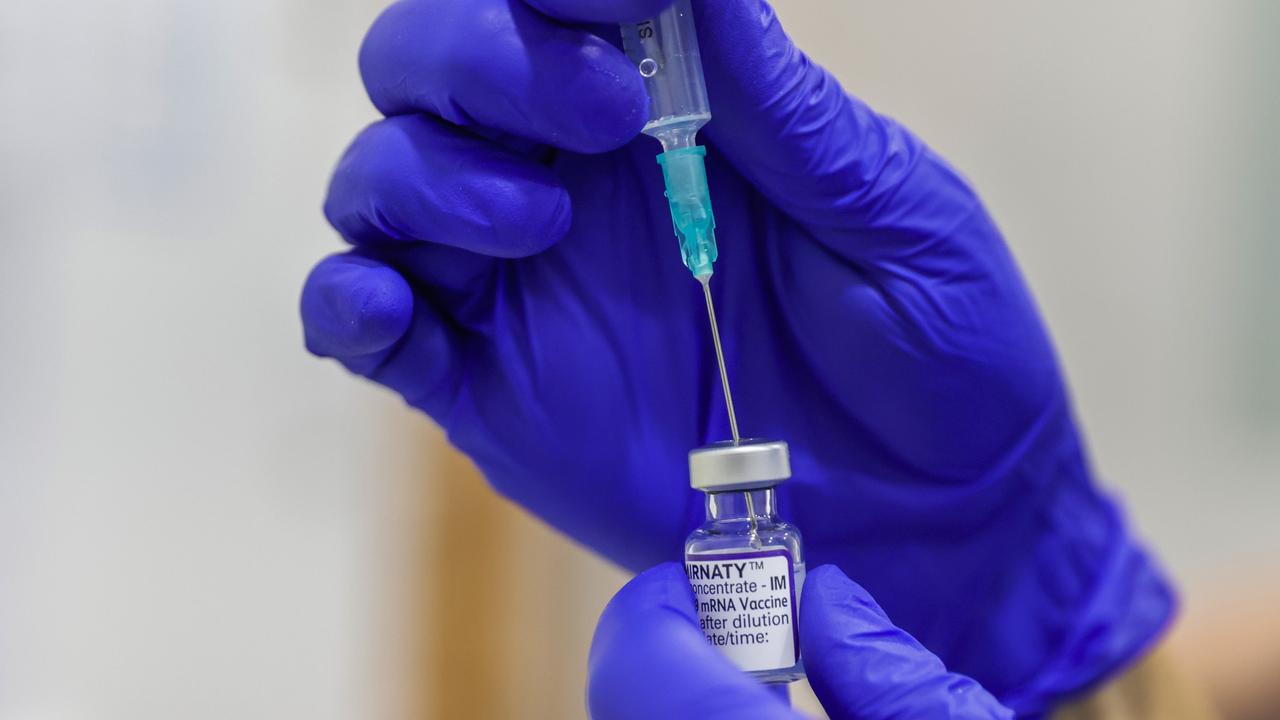Albanese stalls on pandemic payment cuts as Covid isolation change proposed
Anthony Albanese has refused to openly commit to restarting pandemic support while the medical community is split over whether NSW should change Covid isolation rules.
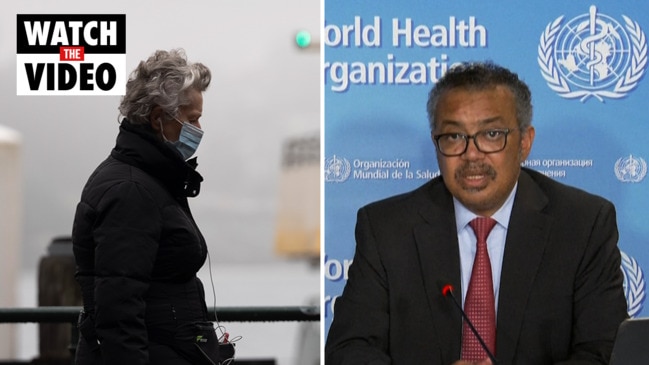
NSW Coronavirus News
Don't miss out on the headlines from NSW Coronavirus News. Followed categories will be added to My News.
Prime Minister Anthony Albanese has stopped short of reinstating pandemic leave payments and free RATs for pensioners as the push to slash the Covid isolation period from seven to five days has divided medical experts.
On Thursday morning Mr Albanese denied responsibility for slashing the multimillion dollar support measures on July 1, claiming it was a decision that he “inherited” from the former Liberal government.
“We haven’t (stopped the support). We inherited those decisions and we inherited a trillion dollars of debt,” he told The Today Show.
“It’s just a fact that we’ve made no decision to cut payments. There were measures that were in place that have been (made) by the former government with end dates to them.”
But the PM did not give a firm answer when quizzed on whether the decision would be reversed.
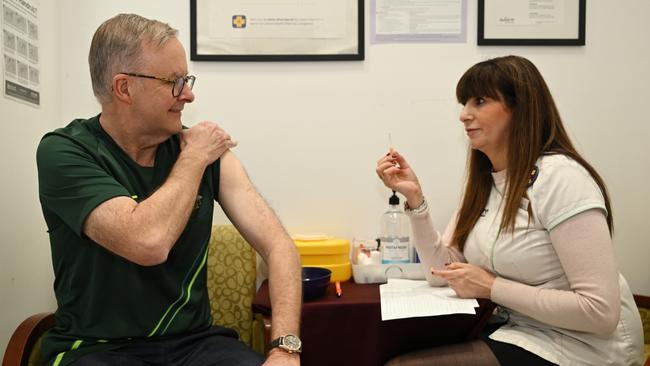
“The former government made the decision that this support would stop on the 1 July. That was foreshadowed a long while in advance,” Mr Albanese said.
“We’ll continue to take advice and monitor what’s going on, we’ll continue to engage with state and territories … on what programs are needed.”
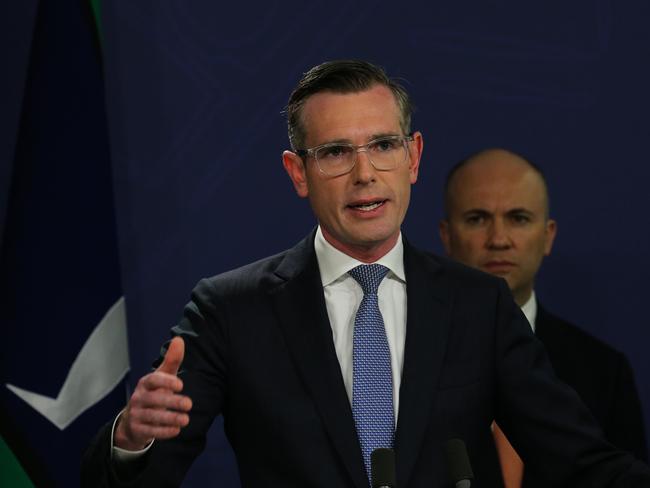
Meanwhile readers of The Daily Telegraph have weighed in on a proposal to cut the Covid isolation time from seven days to five.
Almost 500 readers voted in a poll asking whether the isolation period should be cut, with a tight result- 52 per cent of voters ruled in favour of cutting down self-isolation to five days.
Another 48 per cent said they wanted the time to stay at seven days.
It comes as the medical community is conflicted over the proposal to cut the Covid isolation period to five from seven days to save the crippling economy as Premier Dominic Perrottet has stood firm on current guidelines.
US authorities slashed the isolation period for positive cases to just five days during the first Omicron wave, but experts say the “pesky” new variants are a different beast.
NSW hospitals are dealing with 2,023 Covid hospitalisations – the last time the pandemic put the same pressure on the health system was on January 10 with 2,029 people in hospital.
Intensive care levels are tracking below the peaks reached in the second wave, with just 61 people in ICU compared to 159 on January 10.
Mr Perrottet said living alongside the virus “means to be vigilant and careful”.
“At this point, we will maintain these current settings. We are always looking and evaluating but we are hitting the middle of a very challenging winter,” he said.
“The main focus at this stage is pushing flu shots and Covid booster shots because we know they work … If you are inside and you can’t socially distance, you should wear a mask.”
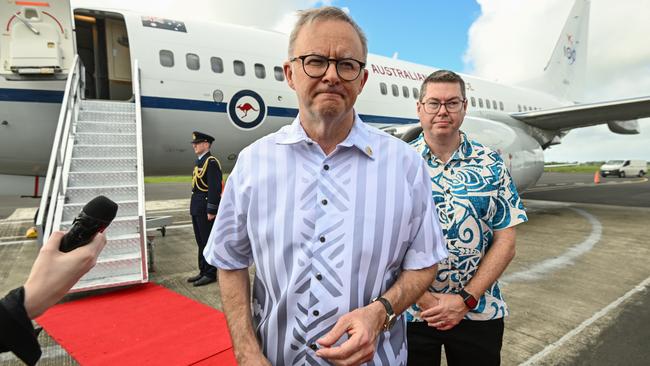
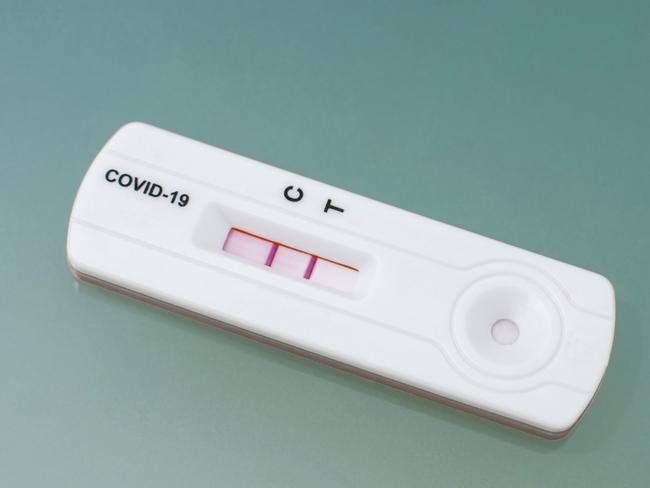
Mr Perrottet welcomed a proposal from Queensland Premier Annastacia Palaszczuk calling for a national cabinet meeting in the coming weeks.
“There are still things we continue to learn from each other … All hospitals around the country are under pressure,” he said.
Cautious experts, like Professor Tony Cunningham, advised against any changes to the isolation periods with more than 10,000 cases recorded in NSW in the 24 hours to Wednesday.
“The question really is do we want to slow the spread of the virus which is now as infectious as measles and is this the wrong virus to try this (change) out on?” he said.
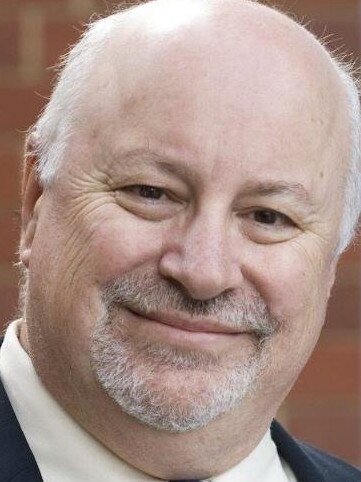

Epidemiologist Professor Adrian Esterman said hospitals in the UK, where all isolation rules had been abandoned, were in “deep strife”.
“It wouldn’t help in terms of reducing transmission. We are seeing cases going up, hospitalisation going up, and deaths going up, so you have to ask if now is the time to make these changes?”
But microbiologist Professor Peter Collignon said changes should be considered as the world learns to live with the virus.
“We are not zero Covid anymore. We need a mindset change to take that into account. There is a balancing act between the isolation period and the economic and business impact,” he said.
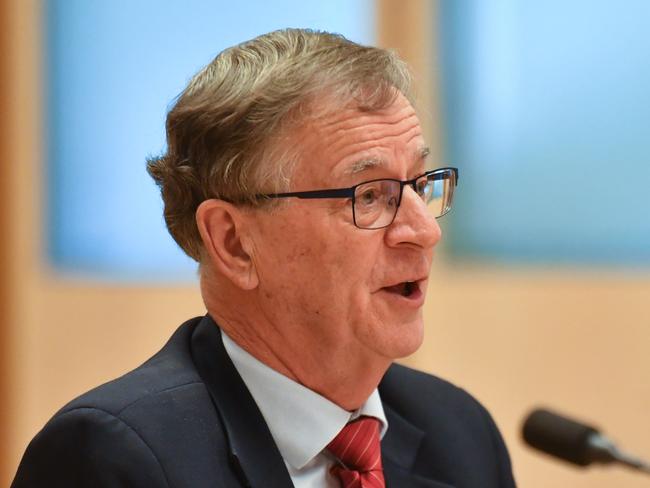
“Yes, you will let more infection spread but at this stage of living with Covid people should be protected. You might have a different view if you are visiting your 80-year-old mother. Not everybody is at equal risk.”
Infectious Diseases expert Professor Paul Burrell added that forcing people to strictly wear masks could allow them to leave isolation earlier and return to work.
“Given the impact that we are seeing on businesses and the healthcare system, we should consider shortening that interval with the view of increasing the adherence with testing and case finding and we would need to make sure it was a requirement to wear a mask until day 14,” he said.
More Coverage
Read related topics:Anthony Albanese



